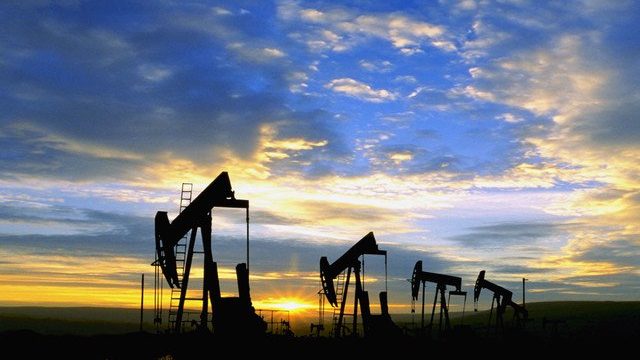Dorso Column: North Dakota Democrats Marginalize Themselves With Phony Oil Numbers

I had a chance to spend quite a bit of time with my friend who is a successfully retired oil man this week. As we were driving I asked about the future of oil exploration in North Dakota. He follows developments closely as he is still an investor in what he describes as plays on natural gas. I think that qualifies him to be a better prognosticator of the future of oil exploration then N.D. senate and house Democrats.
He informs me that the decision to drill in particular areas is based on a number of factors. Most of them take a lot of guesswork as to what the future holds. The cost of drilling a well in North Dakota isn’t cheap. Can you borrow or raise the money to finance the well and at what cost? What are the regulatory schemes of the state you are drilling in and what will they add to the cost? Can you get the crews with the expertise to run a drilling rig and at what cost? When you start to produce the oil and gas what will it cost to get the production to market? What will the market price of the crude or gas produced be and how much profit, if any, can be made?
Although the numbers can be ascertained for many of those questions, the decision to drill is complicated because all of these and many of the other factors that must be figured into the equation. In most cases the answers are a guess as to what the future might bring. My friend likes to say exploration is like “making the decision to jump off a diving board when you don’t know how deep the water is.”
By the way, he foresees the future of oil production in North Dakota as very favorable. How fast it comes to full fruition is a matter of resolving some of the issues.
North Dakota’s biggest hurdle is the availability and cost to ship the crude and natural gas. If the Keystone pipeline be built and when will it be completed are big factors in estimating future production of Bakken crude. Both the shipping of crude and the collection/sale of natural gas are big impediments to future exploration.
I showed my friend a print out of the Democrat assumptions used in their recent news release. He is very skeptical of the numbers. Until some of the concerns about shipping are resolved there is no chance that the numbers the Democrats used could become reality. In fact the longer it takes to resolve them the least likely it will come to pass. There are other areas of exploration that are showing promise and there are only so many assets that are readily available for the recovery of the reserves.
This brings me to my point. Why would you publish numbers that can be so easily debunked concerning a critical area of North Dakota’s economy? The broader question is, why do Democrats insist on using numbers to back up arguments that people in the know can prove to be suspect?
Pres. Obama has a habit of throwing out numbers that are proven false by anyone who cares to research them. Liars use numbers and numbers lie. The problem with that in politics is that if you don’t trust the numbers you usually don’t trust the person spewing them. That in the end leads to disrespect for the arguments and the person using them.
I have mentioned many times that unless there is some mutual respect, legislating is a very difficult process. In the case of North Dakota’s legislature what is occurring is that the Democrat minorities are marginalizing themselves.
If a lobbyist were to throw out numbers such as those used in the current debate on oil production most legislators would totally discount any assertions made by that person. In this case the Democrats have not only hurt themselves in the instant case but added to the skepticism of their fellow legislators on other matters.
Instead of being able to add to the debate and find compromise with the Republican majorities the Democrats find themselves campaigning rather than legislating. Most legislators see it for what it is. Hopefully North Dakota’s citizens recognize the difference between political rhetoric and governing.







